In a seismic shift to Kenya’s electoral landscape, a cross‑party deal between President William Ruto and opposition leader Raila Odinga is set to significantly curb the powers of the IEBC chairperson, after parliament introduced a sweeping legislative reform backed by the duo.
Currently, the Independent Electoral and Boundaries Commission chair is the sole authority to declare the presidential results. But under the proposed bill—grounded in recommendations from the National Dialogue Committee (NADCO)—this authority will be decentralized to the 290 constituency returning officers.
Nadco’s Legacy Reimagined.
Nyamira Senator Okong’o Omogeni, speaking on Citizen TV, confirmed the bill is already before the Senate. It proposes that results be counted and announced at constituency level by returning officers, with presidential results prioritized and declared ahead of other electoral positions.
Omogeni stated:“We want to eliminate the idea that the chairman of the IEBC is the only one who can declare the presidency. We have proposed that this responsibility be given to the 290 returning officers at the constituency level.”
Speed, Transparency, Credibility.
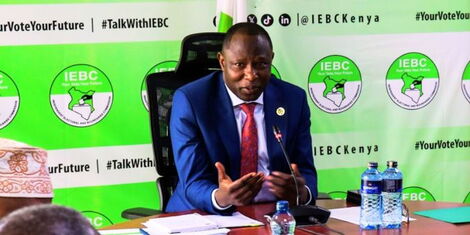
The restructuring aims to fast-track result announcements, with presidential results declared as early as 11 a.m. on election day, mirroring systems in advanced democracies like the United States.
The reforms also aim to minimize tensions and legal fallout traditionally centered on the IEBC chair’s declaration. Omogeni emphasized the importance of building trust at polling stations by prioritizing investment in officer training over technology dependency.
He added that international auditing teams could be integrated to verify results in real time—though ultimate responsibility would still lie with the IEBC .
Political Dimension of the Reform.
Notably, the move comes amid deep political realignments. President Ruto recently re‑gazetted Erastus Edung Ethekon as IEBC Chairperson, following legal challenges to his initial appointment.
Critics point to Ethekon’s political ties—including associations with Ruto’s inner circle—as fueling concerns over biased election administration.Some opposition voices—including party luminaries—warn that the reform might simply legitimize partisan control over the electoral process disguised as a democratizing measure.
Institutional Fallout Under Scrutiny.
This proposal strikes at the heart of electoral trust: concentrated power in one chairperson has historically drawn intense scrutiny—most notably during the 2017 and 2022 polls, when IEBC chair Wafula Chebukati was accused by rival commissioners of unilateral decision-making and incompatibility with transparent processes.
Now, with upcoming elections on the horizon, the IEBC is facing serious budget constraints and credibility challenges. NADCO’s recommendations had been part of a broader national dialogue after the disputed 2022 election—yet only now are they moving toward legal enactment.
What’s Next.
The bill is expected to become law before the next presidential race, potentially shifting electoral authority away from Nairobi’s central IEBC headquarters. Stakeholders—including civil society and international observers—are watching closely, wary of whether the reform will deliver genuine transparency—or merely redistribute unaccountable powers.
If passed, the law could redefine electoral dynamics and set precedents in how Kenya conducts—and publicly trusts—its most critical democracy process.




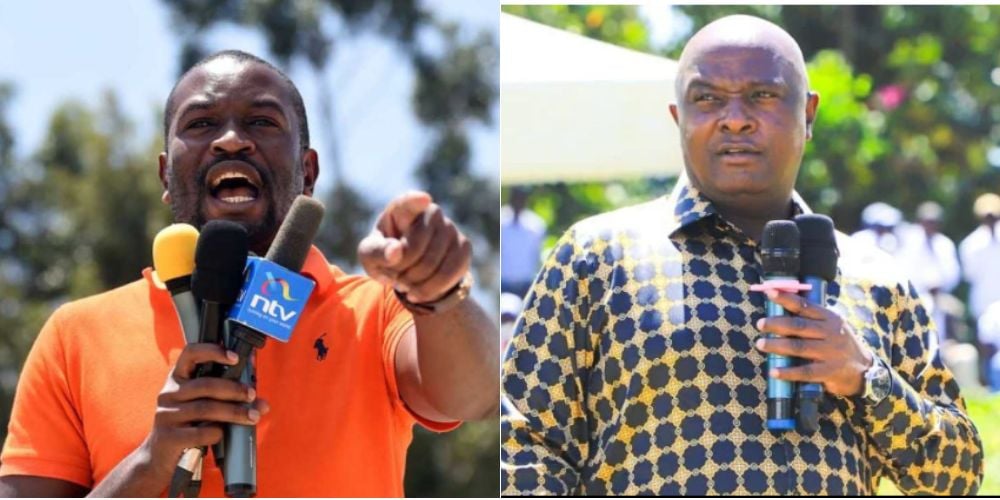

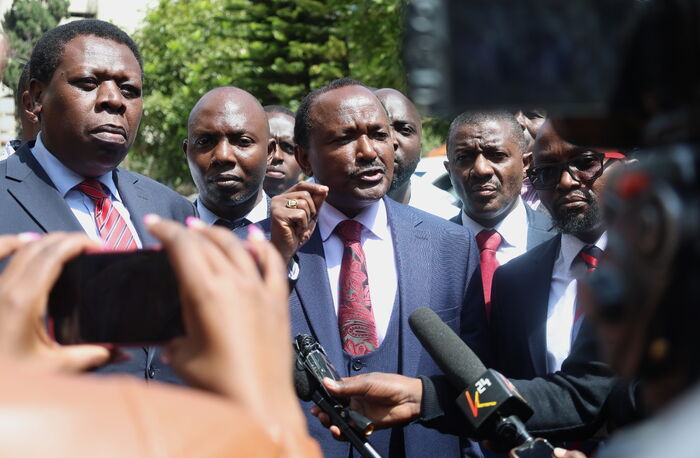
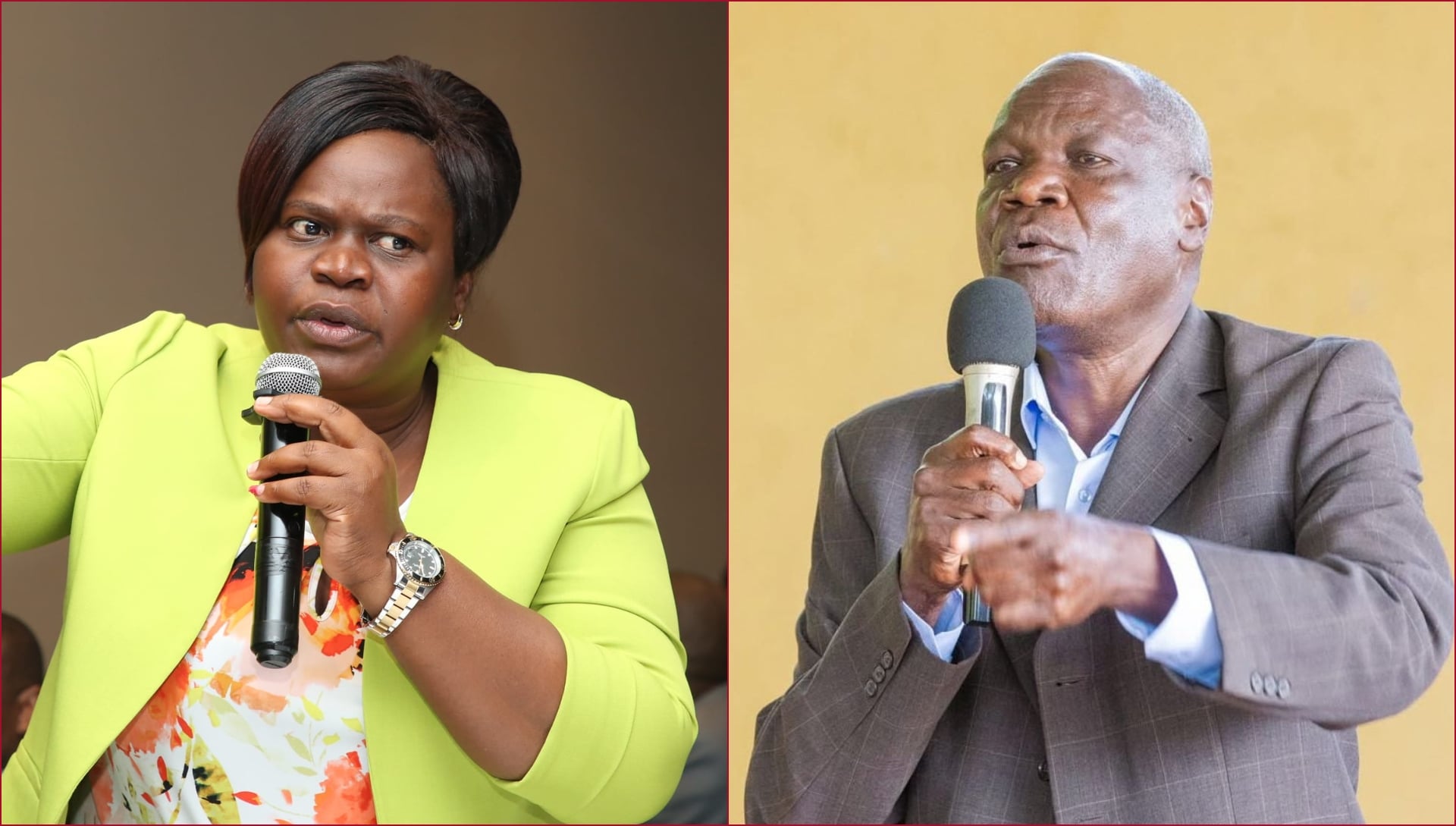
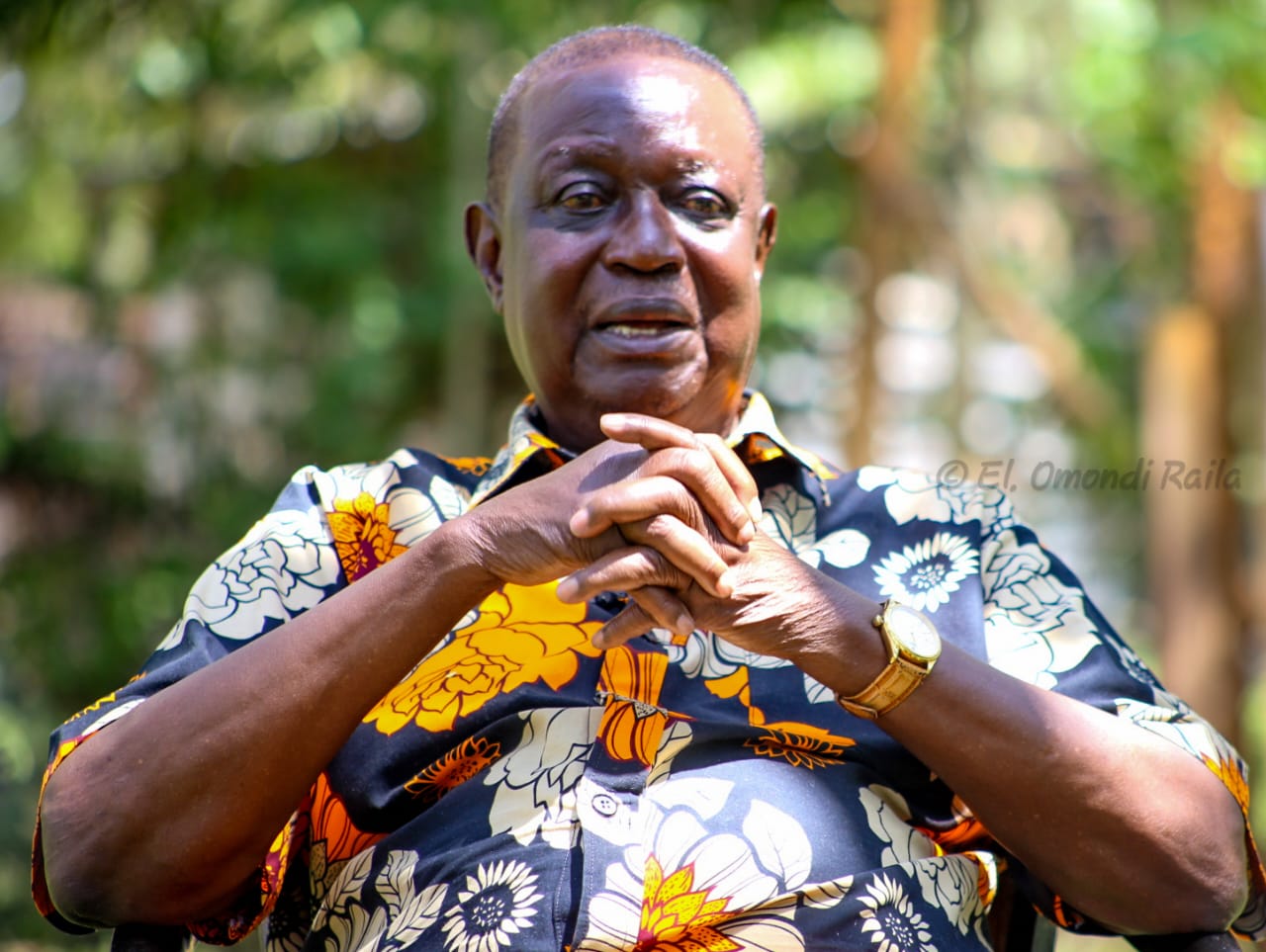
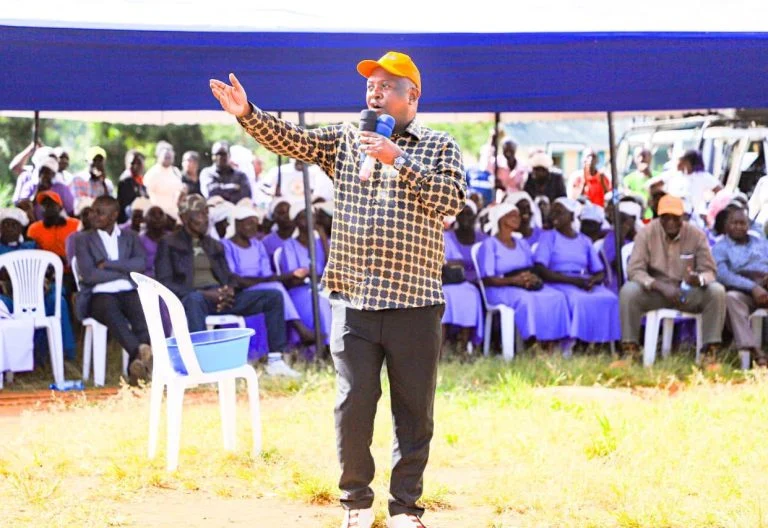
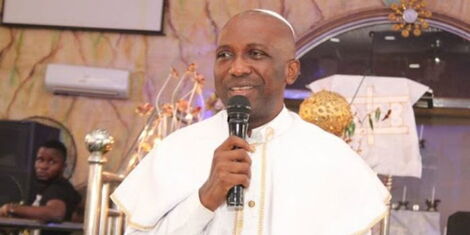
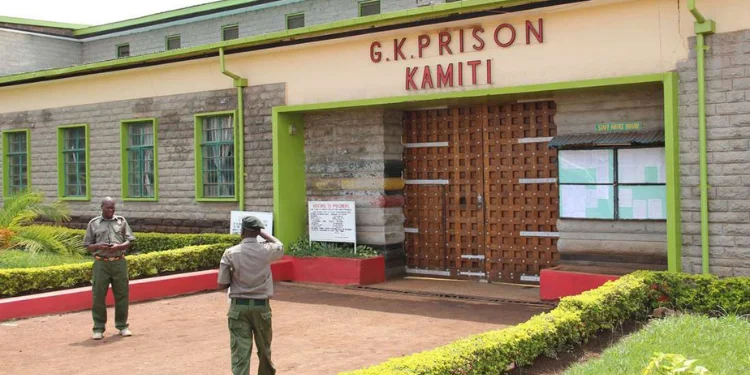

Leave a Reply